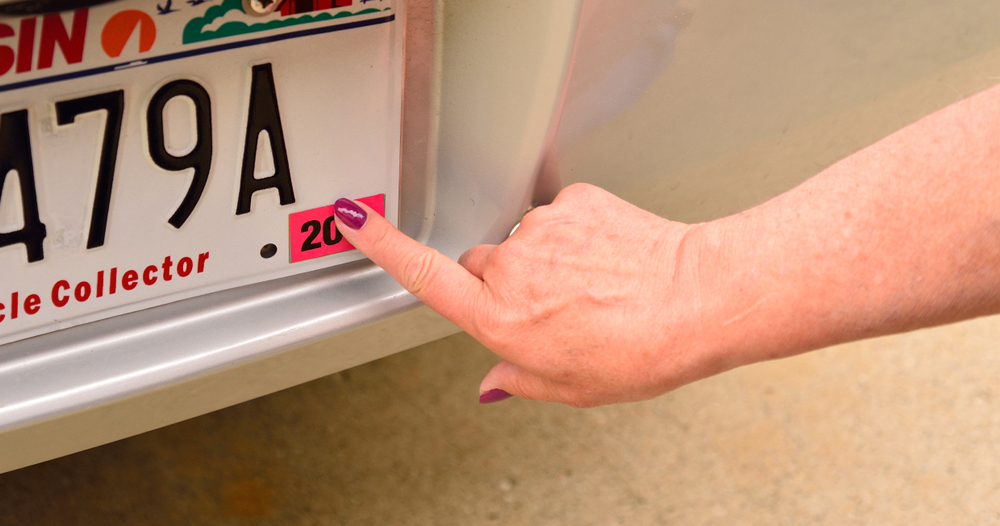Motorists are advised to familiarize themselves with the license plate regulations
Others are reading now
In the United States, the requirement for displaying license plates varies significantly from state to state, according to 1800lionlaw.
Here is the list
Currently, 29 states mandate the use of both front and rear license plates on most motor vehicles.
These states include populous regions like California, Texas, and New York.
This regulation aims to facilitate law enforcement efforts by ensuring clear identification of vehicles from both the front and rear.
Also read
-
California
-
Colorado
-
Connecticut
-
Hawaii
-
Idaho
-
Illinois
-
Iowa
-
Maine
-
Maryland
-
Massachusetts
-
Minnesota
-
Missouri
-
Montana
-
Nebraska
-
Nevada
-
New Hampshire
-
New Jersey
-
New York
-
North Dakota
-
Oregon
-
Rhode Island
-
South Dakota
-
Texas
-
Utah
-
Vermont
-
Virginia
-
Washington
-
Wisconsin
-
Wyoming
License Plate Laws Differ Across States
Each state has its own set of rules and exceptions regarding front license plate requirements.
For instance, while Texas mandates front plates for all vehicles, Virginia allows exemptions for vehicles older than 25 years used exclusively for exhibition purposes, which can display only a rear plate.
Similarly, in states like Colorado and Illinois, specific types of vehicles or those designed without a front plate bracket may also qualify for exemptions.
Navigating State-Specific Requirements
Motorists are advised to familiarize themselves with the license plate regulations in their state to avoid fines and penalties.
State DMV websites provide detailed information on exceptions and compliance, ensuring drivers adhere to local vehicle registration laws. ‘
Understanding these rules not only helps maintain legal compliance but also contributes to safer and more orderly roadways across the United States.


